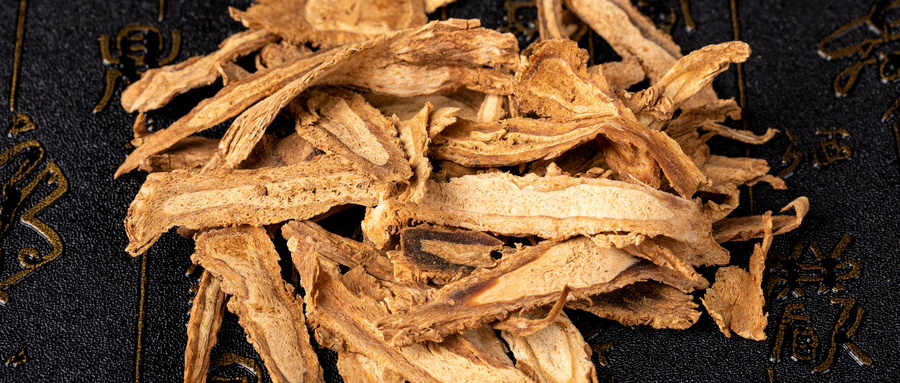Traditional Chinese medicine (TCM) is an effective method of treatment, and herbal medicine is commonly used in TCM. Most herbal medicines are prepared by decoction. However, many young people find it difficult to prepare herbal decoctions properly. The method of decoction directly affects the efficacy of the medicine. In order to help everyone prepare decoctions correctly, let's learn some basic knowledge about decoction together!
1. Clean the pot
When decocting herbal medicine, the herbal juice is concentrated due to the evaporation of water, and there is often a layer of residue at the bottom and surrounding areas of the pot. If the herbal medicine in the pot is frequently changed without timely cleaning of the accumulated residue, the residue will dissolve and interfere with the efficacy of the medicine, and even worsen the condition. Especially if highly toxic or externally used medicines have been decocted in the pot before, it may cause poisoning.
In addition, if the pot is not cleaned immediately after each decoction, the residue at the bottom of the pot will accumulate and thicken, which can easily lead to burnt decoction and loss of efficacy when decocting again.
2. Water volume
The amount of water added during decoction is also important and directly affects the quality of the decoction. Insufficient water will result in incomplete extraction of the active ingredients. Excessive water will produce a large amount of decoction, which is inconvenient for patients to take.
Different herbal medicines have different water absorption capacities due to their different textures. The general amount of water added is controlled at 5-10 times the weight of the medicine. For medicines with loose texture, such as flowers, leaves, and whole herbs, more water should be added. For minerals and shell medicines, less water should be added.
According to the traditional method of adding water, the medicine is placed in a pot, and the water added for the first decoction should exceed the surface of the medicine by 3-5 centimeters. The water added for the second decoction should exceed the surface of the medicine by 3 centimeters. This method of adding water is simple, easy to perform, and easy to master.
3. To cover or not to cover
In general, it is better to cover the pot during decoction to ensure thorough extraction of the herbal medicine. This is especially important for herbal medicines containing volatile components, such as peppermint, patchouli, and perilla leaves, which need to be decocted quickly to prevent the loss of active ingredients. For precious medicines like ginseng, deer antler, and wolfberry, covering the pot helps release the active ingredients fully.
Some herbs, such as moneywort, desmodium, white horse grass, sponge gourd vine, and corn silk, are light in weight but have large volume, so they are not suitable for covering during decoction as they tend to overflow. In this case, the pot should be left uncovered and stirred constantly.
4. "Fully decocted" and "squeezed dry"
"Fully decocted" means that the active ingredients of the medicine are fully released, which is the basic requirement for decoction. For tough medicines that are difficult to extract the active ingredients from, they need to be decocted multiple times or for a longer time in order to thicken the decoction and fully exert their efficacy. For loose-textured and lightly fragrant medicines, they do not need to be decocted for a long time. However, for lightweight and large-volume herbal medicines, frequent stirring is necessary to ensure thorough decoction.











